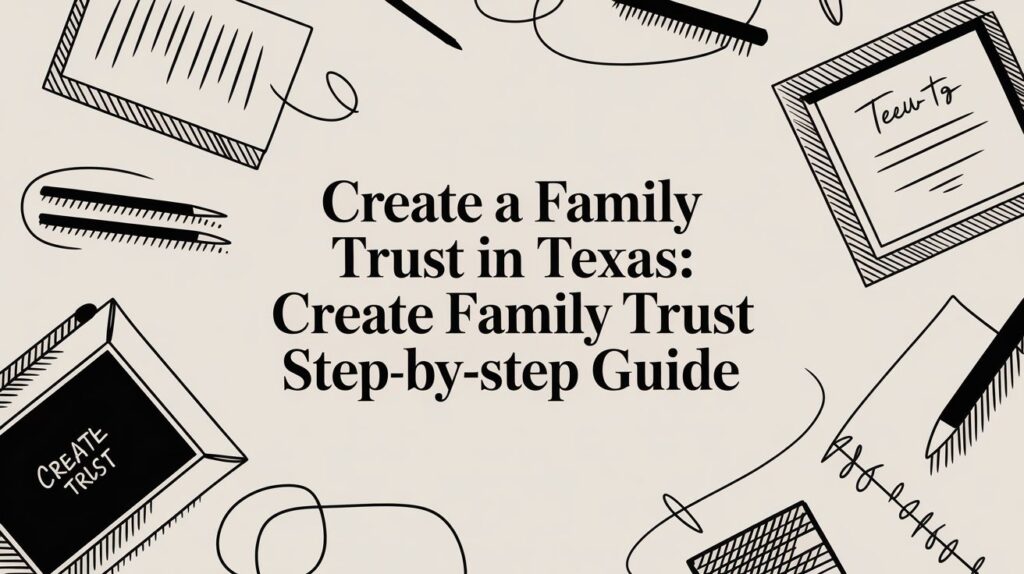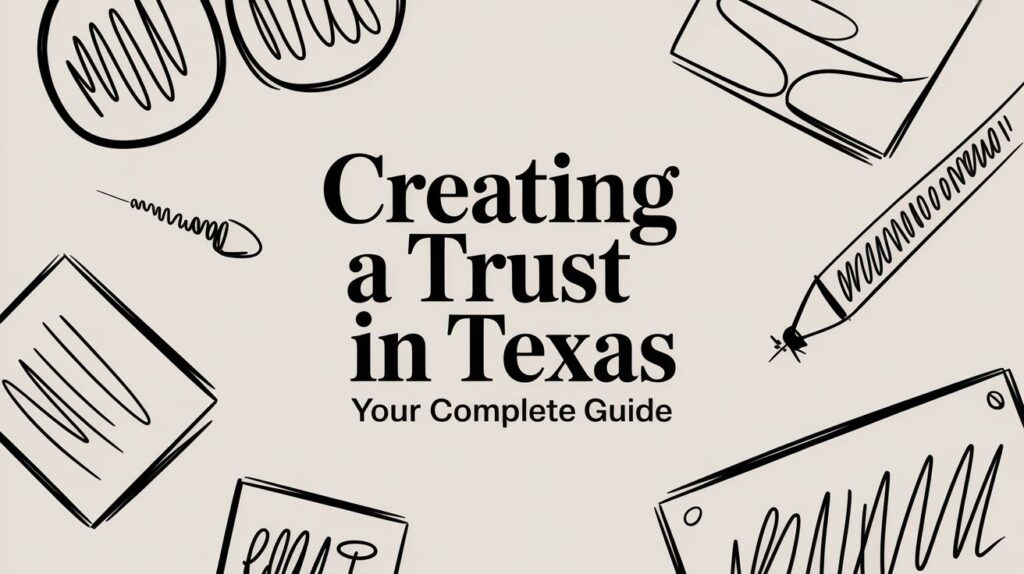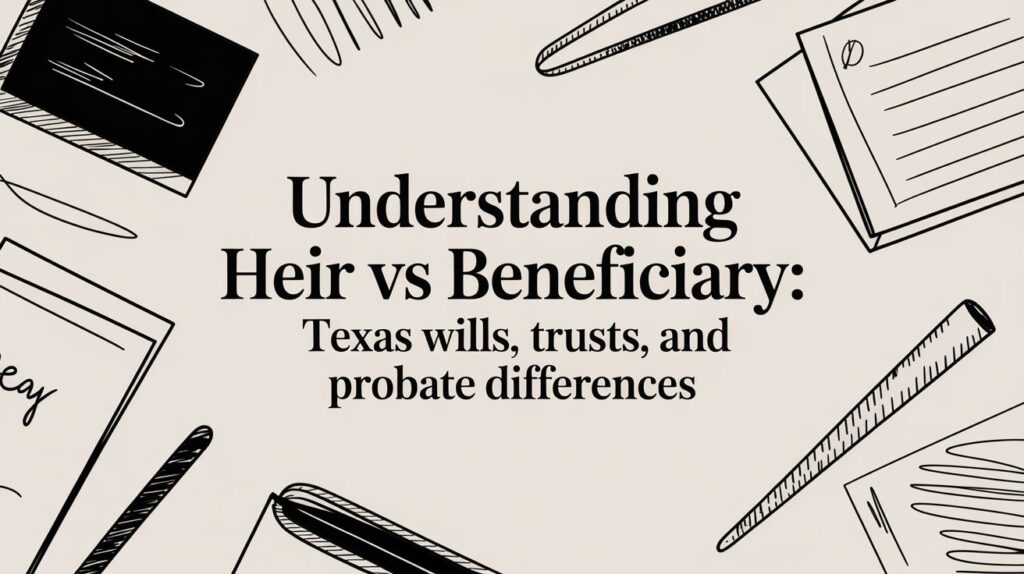Common Misconceptions About Probate in Texas
Many individuals hold misconceptions about the probate process, often believing it to be a lengthy and overly complicated procedure. In reality, while probate can involve detailed steps, understanding the process can significantly ease the burden on heirs and beneficiaries.
For instance, some people think all estates must go through probate, but certain small estates may qualify for simplified procedures. Additionally, the notion that probate always takes years to resolve is misleading; many cases can be settled within a few months, depending on the complexity and the cooperation of involved parties.
Understanding the Role of Executors in Texas Probate
The executor plays a crucial role in managing a deceased person's estate during probate. This individual, appointed in the will or by the court, is responsible for ensuring that the deceased's wishes are honored and that the estate is settled according to Texas law.
Executors must handle various tasks, including notifying creditors, paying debts, and distributing assets to beneficiaries. It’s essential for executors to understand their legal obligations and potential liabilities, as failing to fulfill these duties can lead to personal legal repercussions.
Estate Planning Strategies to Avoid Probate
Many individuals seek to avoid the probate process altogether through effective estate planning. By utilizing strategies such as creating living trusts, designating beneficiaries, and joint ownership of property, individuals can ensure their assets are transferred smoothly and efficiently upon their passing.
For example, assets placed in a living trust do not go through probate, allowing for quicker distribution to beneficiaries. Additionally, naming beneficiaries on retirement accounts or life insurance policies can bypass probate, providing immediate access to those funds for loved ones.
The Importance of Updating Your Will Regularly
Updating your will is a critical aspect of effective estate planning. Life changes such as marriage, divorce, the birth of children, or significant financial shifts can necessitate revisions to ensure your wishes are accurately reflected and legally upheld.
Failing to update your will can lead to unintended consequences, such as disinheriting a loved one or creating disputes among heirs. Regularly reviewing and updating your estate plan ensures that it remains aligned with your current circumstances and intentions.
Common Misconceptions About Probate in Texas
Many individuals hold misconceptions about the probate process, often believing it to be a lengthy and overly complicated procedure. In reality, while probate can involve detailed steps, understanding the process can significantly ease the burden on heirs and beneficiaries.
For instance, some people think all estates must go through probate, but certain small estates may qualify for simplified procedures. Additionally, the notion that probate always takes years to resolve is misleading; many cases can be settled within a few months, depending on the complexity and the cooperation of involved parties.
Understanding the Role of Executors in Texas Probate
The executor plays a crucial role in managing a deceased person's estate during probate. This individual, appointed in the will or by the court, is responsible for ensuring that the deceased's wishes are honored and that the estate is settled according to Texas law.
Executors must handle various tasks, including notifying creditors, paying debts, and distributing assets to beneficiaries. It’s essential for executors to understand their legal obligations and potential liabilities, as failing to fulfill these duties can lead to personal legal repercussions.
Estate Planning Strategies to Avoid Probate
Many individuals seek to avoid the probate process altogether through effective estate planning. By utilizing strategies such as creating living trusts, designating beneficiaries, and joint ownership of property, individuals can ensure their assets are transferred smoothly and efficiently upon their passing.
For example, assets placed in a living trust do not go through probate, allowing for quicker distribution to beneficiaries. Additionally, naming beneficiaries on retirement accounts or life insurance policies can bypass probate, providing immediate access to those funds for loved ones.
The Importance of Updating Your Will Regularly
Updating your will is a critical aspect of effective estate planning. Life changes such as marriage, divorce, the birth of children, or significant financial shifts can necessitate revisions to ensure your wishes are accurately reflected and legally upheld.
Failing to update your will can lead to unintended consequences, such as disinheriting a loved one or creating disputes among heirs. Regularly reviewing and updating your estate plan ensures that it remains aligned with your current circumstances and intentions.










